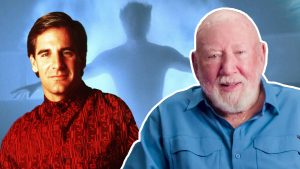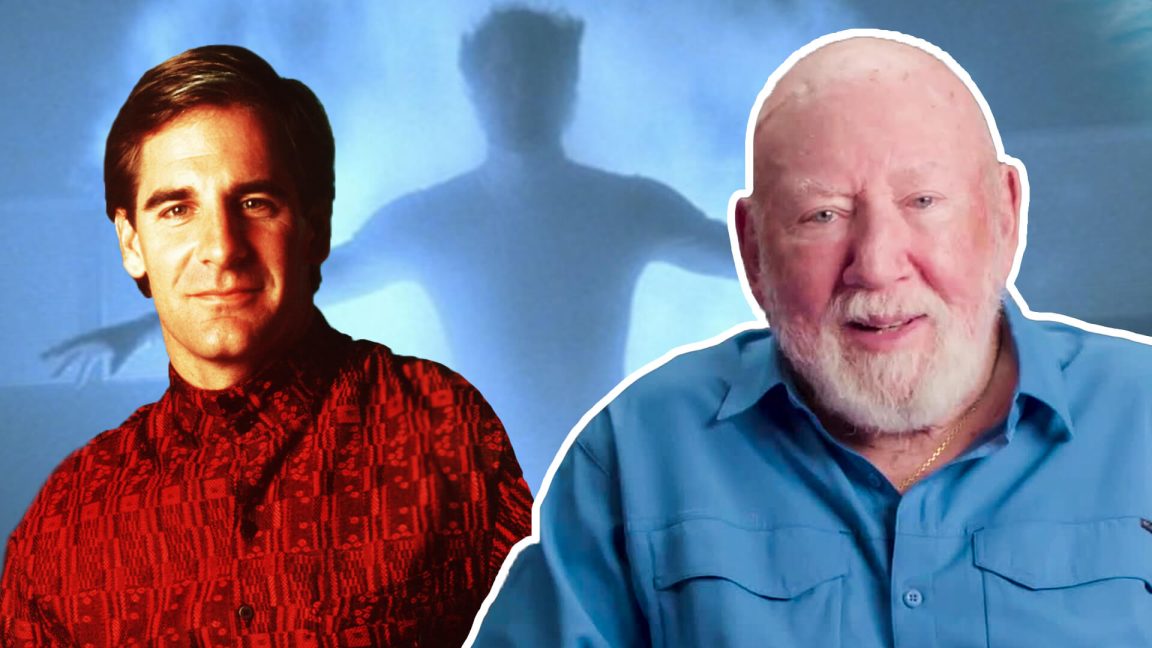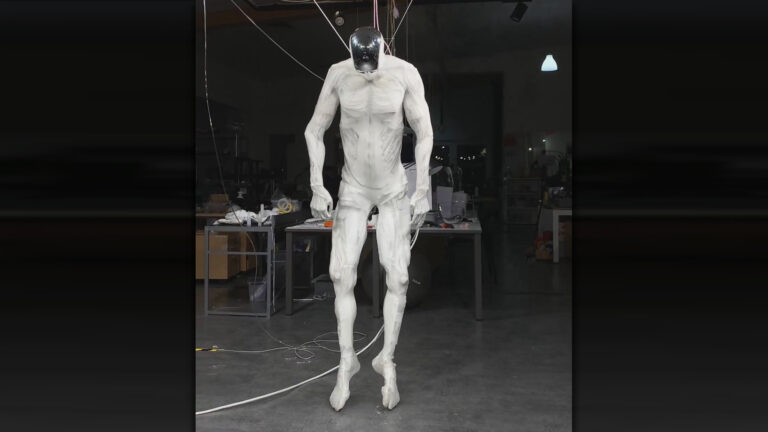Fresh from our talk with Warhammer remembrancer Dan Abnett on the unsolved mysteries of the Warhammer universe, we now turn our attention to a science fiction property with a bit less grimdark: the one where a polymath with an eidetic memory invents time travel and things go, as they say, a little kaka. Grab your handlinks and step into the imaging chamber because it's time to talk about Quantum Leap.
We were lucky enough to snag some time with legendary TV producer Donald P. Bellisario, whose name has graced the closing credits of some of the most influential and popular TV shows of the '80s and '90s—including Airwolf, Magnum, P.I., and of course Quantum Leap. Though he's now retired, Bellisario gamely agreed to allow an Ars film crew—with props!—into his California home to badger him with occasionally obscure questions about what is easily the best time-travel show ever to grace television.
This was a special episode to film, if for no other reason than that Quantum Leap was a special show. Today it feels like a relic from another age—an age in which story serialization was the exception rather than the rule, where twenty-two episodes per season represented the expected minimum, and where commercial breaks were a bit less frequent. (The first-season episodes of Quantum Leap clock in at almost forty-eight minutes—that's about six minutes longer than most hour-long dramas on network TV today!) Quantum Leap's 97 episodes originally aired from 1989 to 1993, and the show was a huge part of my junior high and early high school experience—though the parts of the show I wanted to see most were those rare glimpses into "the future," the show's infrequently glimpsed vision of 1999 where Project Quantum Leap was taking place.




 Loading comments...
Loading comments...
